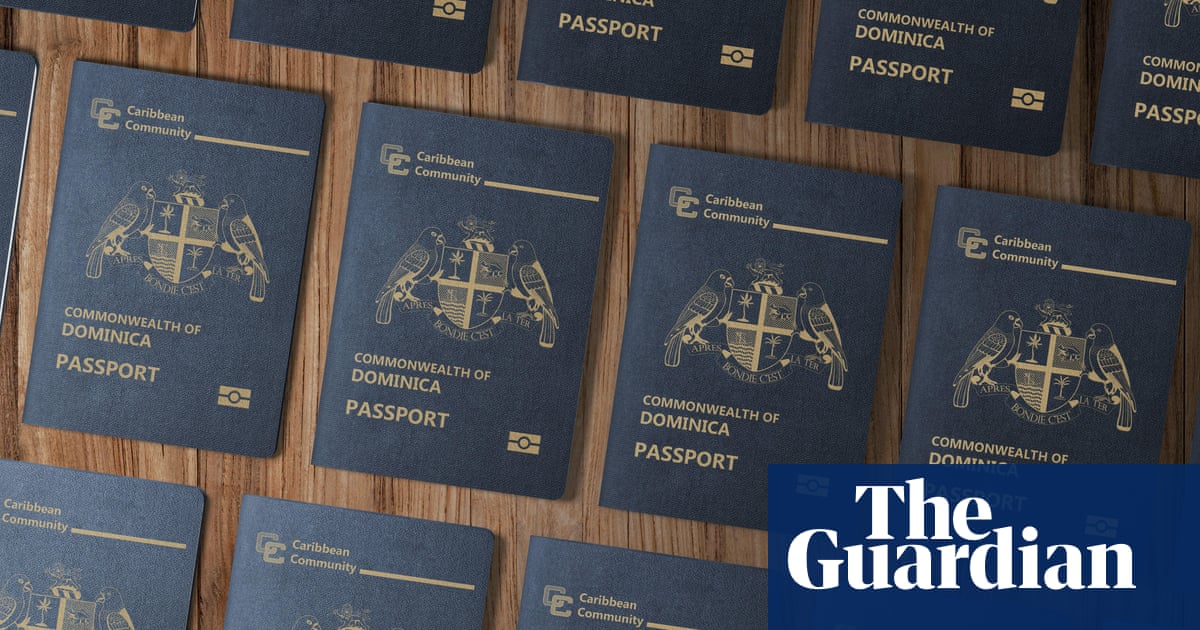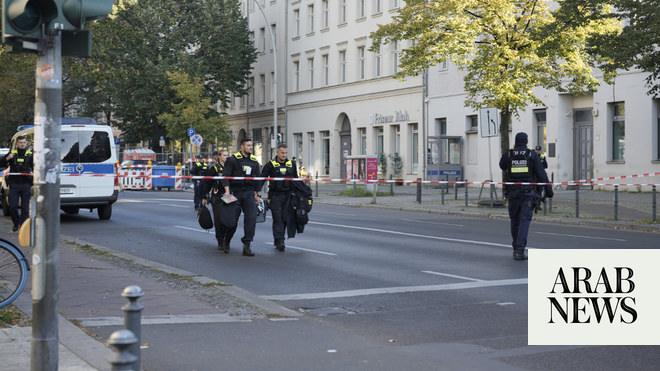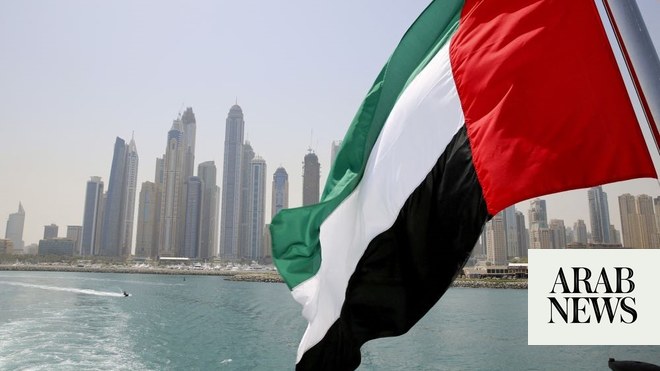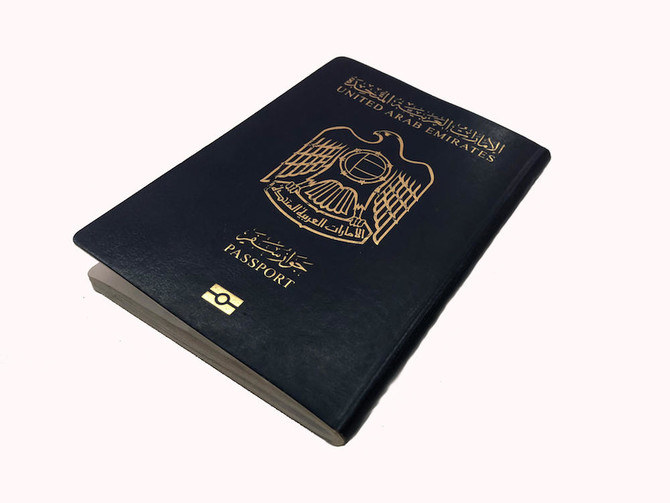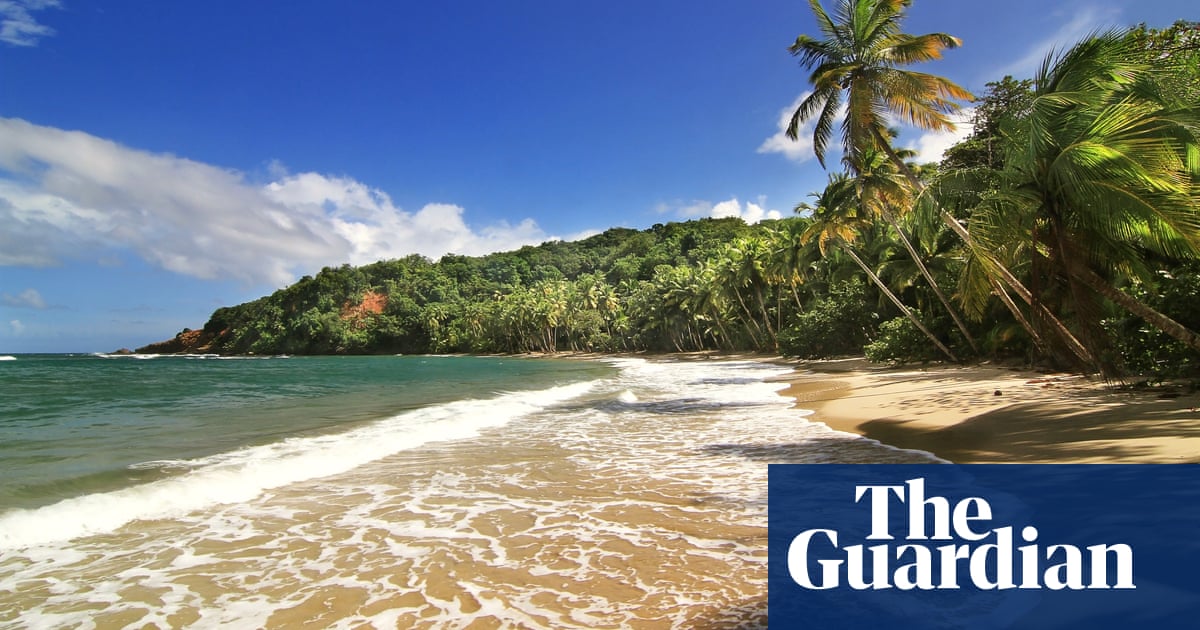
The EU has raised security concerns about the trade in “golden passports” and vowed to tighten visa controls after revealing five Caribbean states have sold citizenship to 88,000 individuals from countries including Iran, Russia and China.
A report published by the European Commission on Wednesday sets out for the first time the true scale of the Caribbean passport trade. A number of countries sell citizenship to foreign nationals, with prices starting at $100,000 (£82,326) a head.
Dominica, an island with a population of just over 70,000, has issued 34,500 passports, the report claimed. The number is more than four times the total previously disclosed by Dominica’s government. St Kitts and Nevis, with a population of 48,000, has issued 36,700 passports, twice as many as estimated up to 2018.
Five Caribbean states – Antigua and Barbuda, Grenada, St Kitts and Nevis, St Lucia and Dominica – have issued 88,000 passports between them.
The announcement follows publication of Dominica: Passports of the Caribbean, an investigation by the Guardian and other media organisations in partnership with the Organized Crime and Corruption Reporting Project (OCCRP), which examined Dominica’s citizenship by investment scheme in unprecedented detail.
The sale of passports in Dominica surged after 2015 when citizens of a number of Caribbean states were given permission to travel to most EU member states for 90 days a year without a visa. St Kitts reached agreement on visa-free travel with the EU in 2009. Overall, the EU has visa-free travel agreements with 60 countries.
The commission is proposing to overhaul regulations, saying it is concerned golden passports could be enabling the “infiltration of organised crime, money laundering, tax evasion and corruption”. It wants the power to suspend visa exemption for countries that sell citizenship to buyers who do not have a “genuine link” to the country.
Under the terms of Dominica’s scheme, buyers do not need to have a home there or even visit the country.
In a proposal asking the European parliament to enact new legislation, the commission said: “The EU should have the possibility to suspend the visa exemption for a third country that chooses to operate an investor citizenship scheme whereby citizenship is granted without any genuine link to the third country concerned.”
The commission said those who acquired a second citizenship were being allowed to change names and identities. Such practices could impede border controls and the enforcement of sanctions or Interpol arrest warrants.
The EU home affairs commissioner, Ylva Johansson, said: “We have countries within the visa-free regime with the EU that are selling passports/citizenships quite cheaply to people that are security risks or potential security risks to the EU.
“They are sometimes allowed to change their names and identity several times after getting the new citizenship, and of course this is also security risks for the EU that we have to look into.”
Johansson also raised concerns around migration, telling reporters that 150,000 passengers had used the visa-free travel arrangements to get into the EU and then claim asylum. “This is of course not how the visa-free travelling should be used,” Johansson said.




